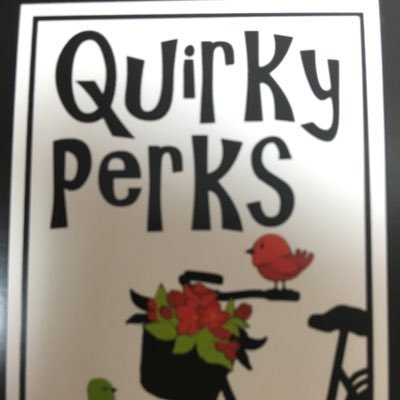Organisations provide various options, helping employees to take quick breaks and refresh; however even these perks lose appeal after a while, forcing organisations to think beyond.
Who doesn’t like perks? Especially after long work hours, diligent hard work and ever increasing mental load, all one needs is to rewind and tune off from work. Organisations these days provide various options, helping employees to take quick breaks from work and to refresh. From perks such as gaming arenas, free take-home goodies, yoga rooms, on-site gyms, short vacation deals and so on, organisations have tried various ways to ensure they keep their talent engaged.
However, even the hottest perks become tepid after a while, forcing organisations to think beyond. Some organisations have certainly raised the bar high in terms of providing beyond-the-norm perks to retain and engage their employees. Here are a few quirky ones:
Cryonic freezing: Numerai, a Silicon valley firm, offers the coolest perk ever – quite literally! It is allowing its employees the benefit of cryonic body preservation for which employees sign up through a life insurance policy and upon legal death, the life insurance claim is handed over to cryonics provider Alcor. Richard Craib, founder of Numerai has also registered himself for cryonic freezing.
According to Alcor’s website, “Revival of today’s cryonics patients will require future repair by highly advanced future technology, such as molecular nanotechnology. Technology that is advanced enough to repair a cryopreserved brain would by its nature also be able to regrow new tissues, organs, and a healthy body for the revived person.”
Cryonic freezing is the low-temperature preservation (usually at ?196°C) of people who cannot be sustained by contemporary medicine, with the hope that resuscitation and restoration to full health may be possible in the far future. Cryopreservation of humans is not reversible with current technology; cryonicists hope that medical advances will someday allow cryopreserved people to be revived.
Experiential delights: Some intelligent organisations are going beyond the usual pool table, free dinners, gyms and so on, and are turning to offering unique experiences as a perk to engage the millennial employees who seek ways to have fun and do good.
Loqules (pronounced ‘locals’) is a firm that specialises in offering perks that are beyond the norm and offer unique learning and giving experiences to people. For instance, it could arrange for a cooking class with Louis Tikaram, the chef at E.P. & L.P. in West Hollywood, a day of surfing with pro surfer Taylor Knox, or a master class in mural making with local street artist Kid Wiseman. The options span categories such as art, music, surfing, skating, food, fitness and fashion.
In addition, some companies partner with local non-profit organisations to share the experience with people in need. Through these partnerships, companies often foot the bill so those in need can participate in workshops and experiences alongside employees. Of the experiences Loqules has offered to firms such as Salesforce, Uber, AdColony, Citibank and Facebook, nearly every company has chosen to partner with a non-profit organisation.
Corporate experts explain that for people who have the means to buy anything they want, an experiential perk gives them something money can’t necessarily buy and hence, it is much sought after by many. However, it needs conscious planning and careful selection of experiences to offer as different people tend to enjoy different things.
Playful Perk: Manchester-based travel organisation Invasion decided to do something playful to reward its employees in a fun-filled way, in line with its fun work culture. It turned its head office into a ball-pit for a whole working day.
In partnership with another media organisation, the company recently filled its 3,700 sq. ft. Salford office with plastic, brightly-coloured balls. Employees could play in the office ball pit until the end of the working day. Invasion organised this perk to reward and thank its staff for their ongoing hard work, especially employees who had been travelling abroad to work on projects in America and Thailand.
Power of choice: People have different likings and preferences with respect to things that give them happiness and keep them engaged. One size doesn’t fit all and hence, the best perk for people is to actually give them the power to choose their own perks.
A San Francisco based PR company found out that universally applied perks such as work-from-home days, summer Fridays, catered food and offsite events alone couldn’t provide for the required balance. So it pivoted and started asking its employees what they wanted – individually, not by office or department.
Unsurprisingly, it ranged from happy hours to more paid time off (PTO) days. That’s when the company realised that everyone has their own idea of work-life balance, and management would never be able to guess or fulfil them all. So instead, the company now focusses on empowerment, and asks employees to take happiness into their own hands and ask for what they need.



